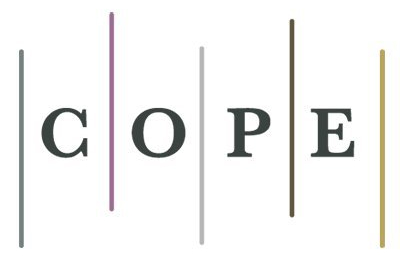Identity, Consumption and Ontological Security: Trying to Live on the Edge of the Aesthetic Norm
Keywords:
Identity. Consumption. Ontological Security.Abstract
The body is an important element in identity management, and its transformations can, to a greater or lesser degree, be related to a reflexive project. Such identity projects are closely related to marketing stimuli, either aligning with or resisting its contents and values to keep a stable and secure identity narrative, building what Giddens (1984; 1991) calls ontological security. The aim of this study is to understand how body-related narratives and practices interact with market stimuli to produce a coherent and ontologically secure "self" that is capable of deviating from the dominant aesthetic standard. Discourse analysis of data indicated four instances that describe how such interaction happens: “struggles with self-demands”, “extreme disciplinary routines”, “self-confidence building”, and “partitions of the body”. Markets provide discursive objects that individuals use to mitigate their problems with deviating from the aesthetic norm, forming coherent narratives and ensuring their ontological security.
Downloads
Downloads
Published
How to Cite
Issue
Section
License
This work is licensed under a Creative Commons Attribution 4.0 License.
The O&S adopts a Creative Commons Attributions License 4.0 in all published works, except where specifically indicated by copyright holders.






